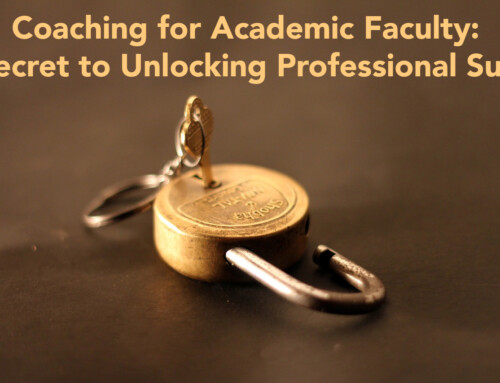 OK, you don’t actually practice Judo in the Emergency Department, but the principles in Judo are interestingly relevant in approaching our work in the ED.
OK, you don’t actually practice Judo in the Emergency Department, but the principles in Judo are interestingly relevant in approaching our work in the ED.
Thanks to Garr Reynolds of Presentation Zen fame for introducing me to the 7 rules of judo practice by the great Judo master Kyuzo Mifune. In his blog post, Garr specifically talks about how these rules are relevant in the realms of leadership and public speaking.
These rules in fact are extremely relevant when you are a senior EM resident or an EM attending. These 7 simple rules really are the heart of maintaining respect, calm, and efficiency in the ED.
1. Do not make light of an opponent.
Although it is easy to do, try to avoid speaking negatively about any consultants or ancillary services. It only breeds negatively and draws focus away from patient care. Give others the benefit of the doubt. Just because people may speak ill of the ED doesn’t mean that you should reciprocate. I consider the ED team as having a higher set of professional standards.
2. Do not lose self-confidence.
You have been trained well in EM. This doesn’t mean to be over-confident but rather just deliberate. Second-guessing yourself makes you inefficient. If you don’t know an answer, just look it up, get help, or consult someone.
3. Maintain a good posture.
To me, this means positioning a patient appropriately so that you aren’t straining to do a procedure. Is the bed too high or too low? Adjust accordingly.
4. Develop speed.
Practice not only your clinical skills but also your efficiency skills. Focus on developing your multitasking abilities and speed. Recently, I’ve been pre-writing a few Vicodin and Percocet prescriptions just before I start a shift. I then just write-in the patient’s name and off they go with the prescription. A few minutes saved per patient adds up to significant time savings over the course of the shift.
5. Project power in all directions.
I interpret this as being professional at all times. As the senior EM resident or EM attending, you are the leader of the ED team. Whether you realize it or not, the tone of the shift is set by how you treat others. No interaction is unnoticed. Imagine that an invisible yet impressionable 1st year medical student is shadowing you at all times. Don’t say or do anything you’d feel bad about in his/her presence.
6. Develop self-control.
Inevitably, sometimes patients or other providers can make you angry. They just are able to push your buttons. Be cognizant of when this happens and try your best not to reciprocate. This is harder said than done, but you lose serious credibility points all-around if you lose your temper. When I get flustered, I often have my default responses:
- “I’m just trying to do what I think is best for the patient.”
- “I totally understand your perspective, but we are going to have to agree to disagree.”
- “Could I talk to your attending?” (Usually ends heated discussions quickly when asked of a resident. I hate to pull the Attending Trump Card, but sometimes it’s just necessary.)
7. Never stop training.
You will never learn everything there is to know in Emergency Medicine. That’s the blessing and curse of the specialty. Keep reading. Keep learning. My goal is to always surprise a consultant with information that they don’t think a typical emergency physician would know about their specialty.
Any other good rules for success in the ED?




